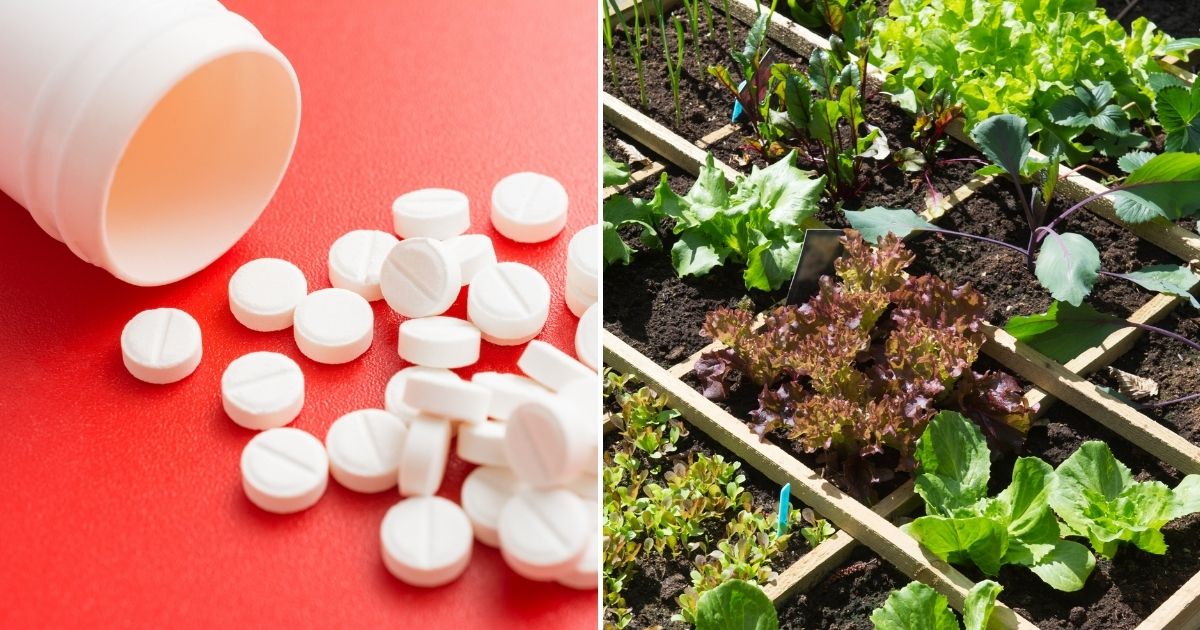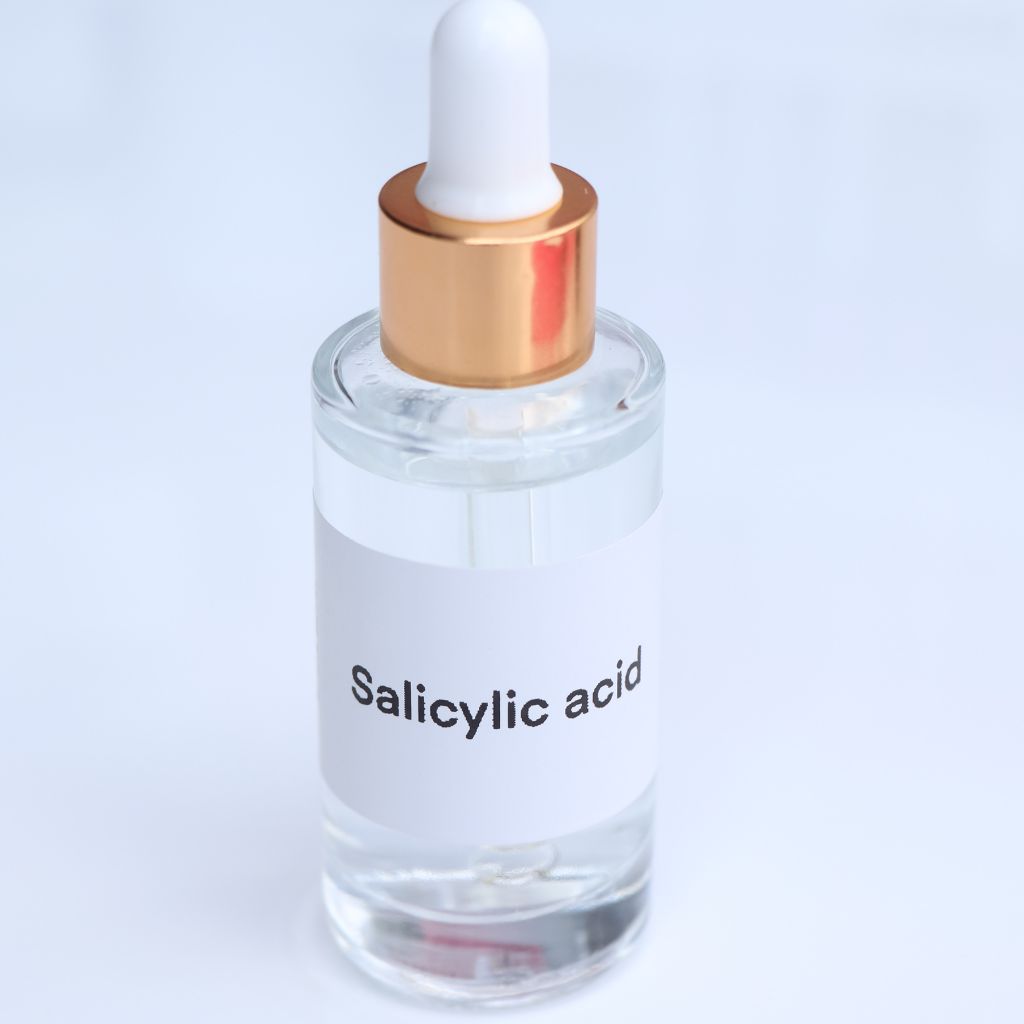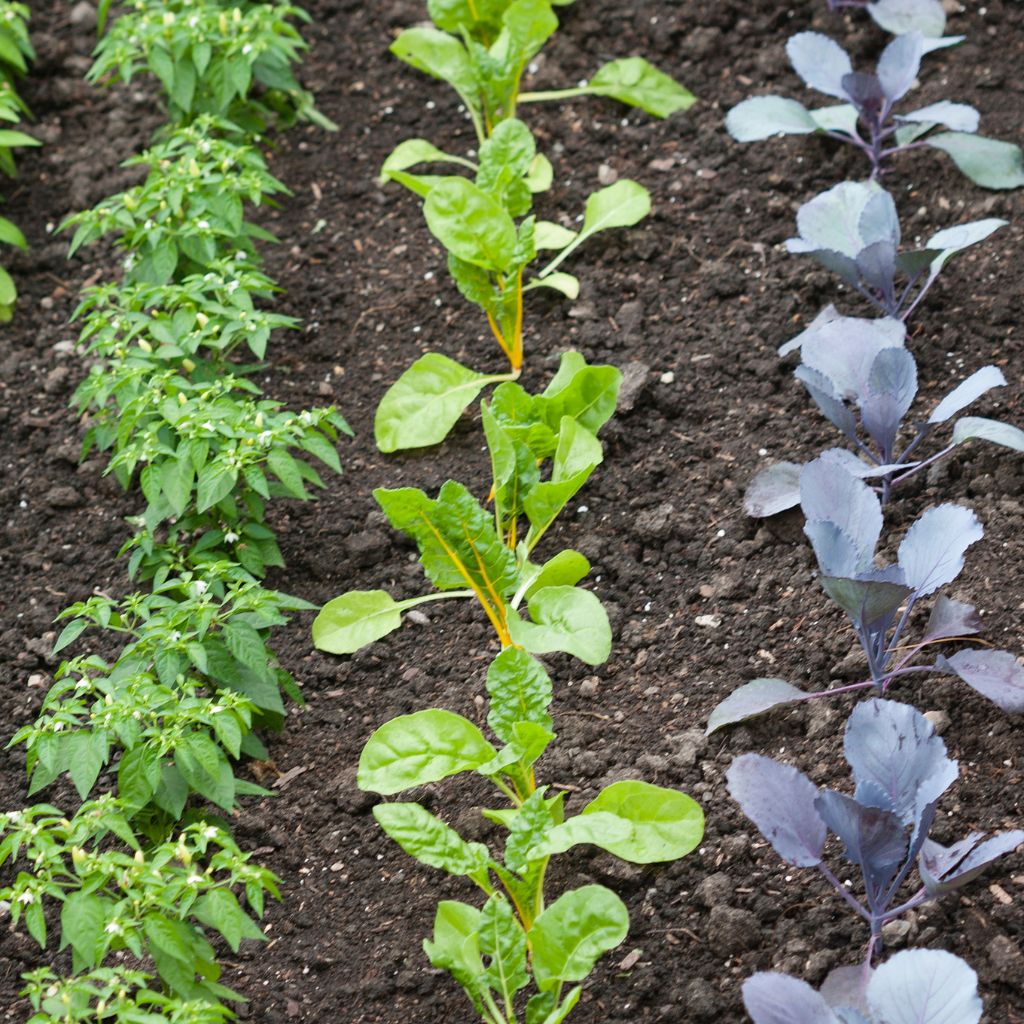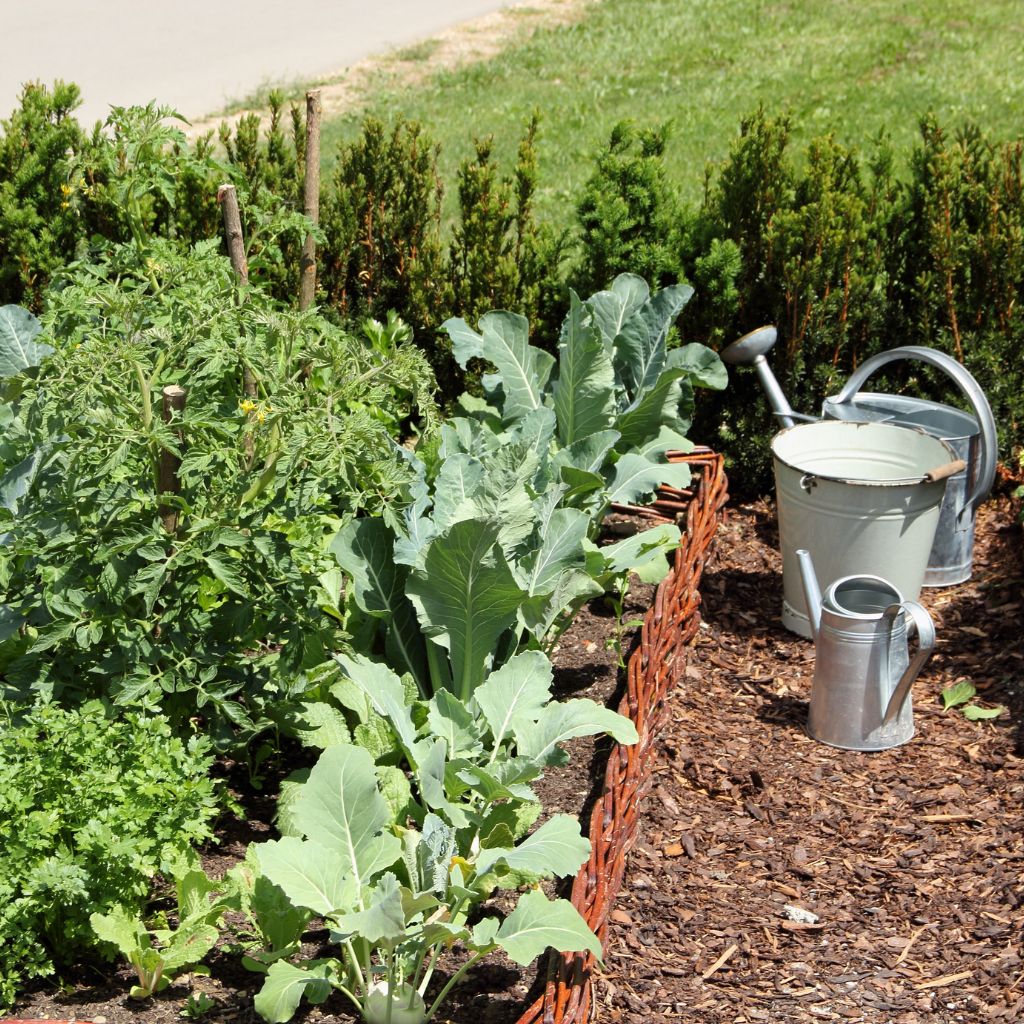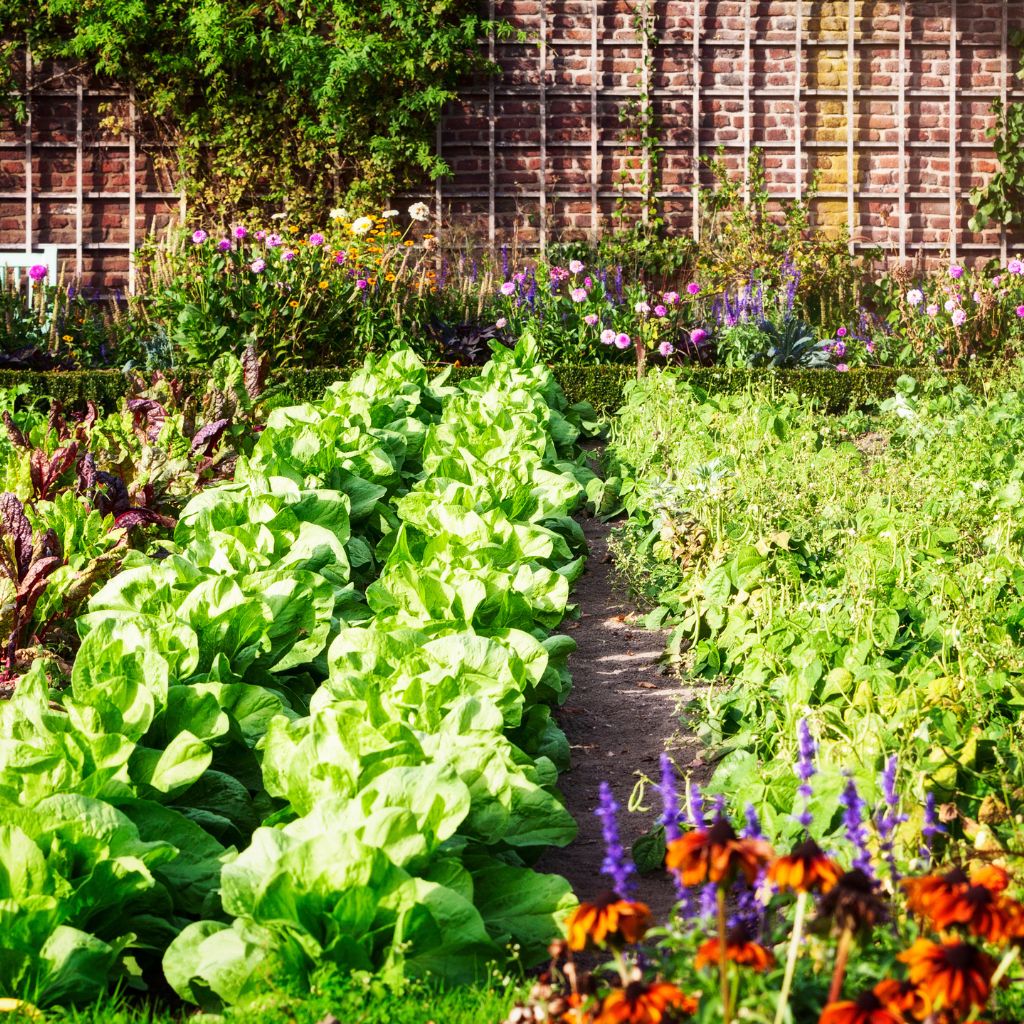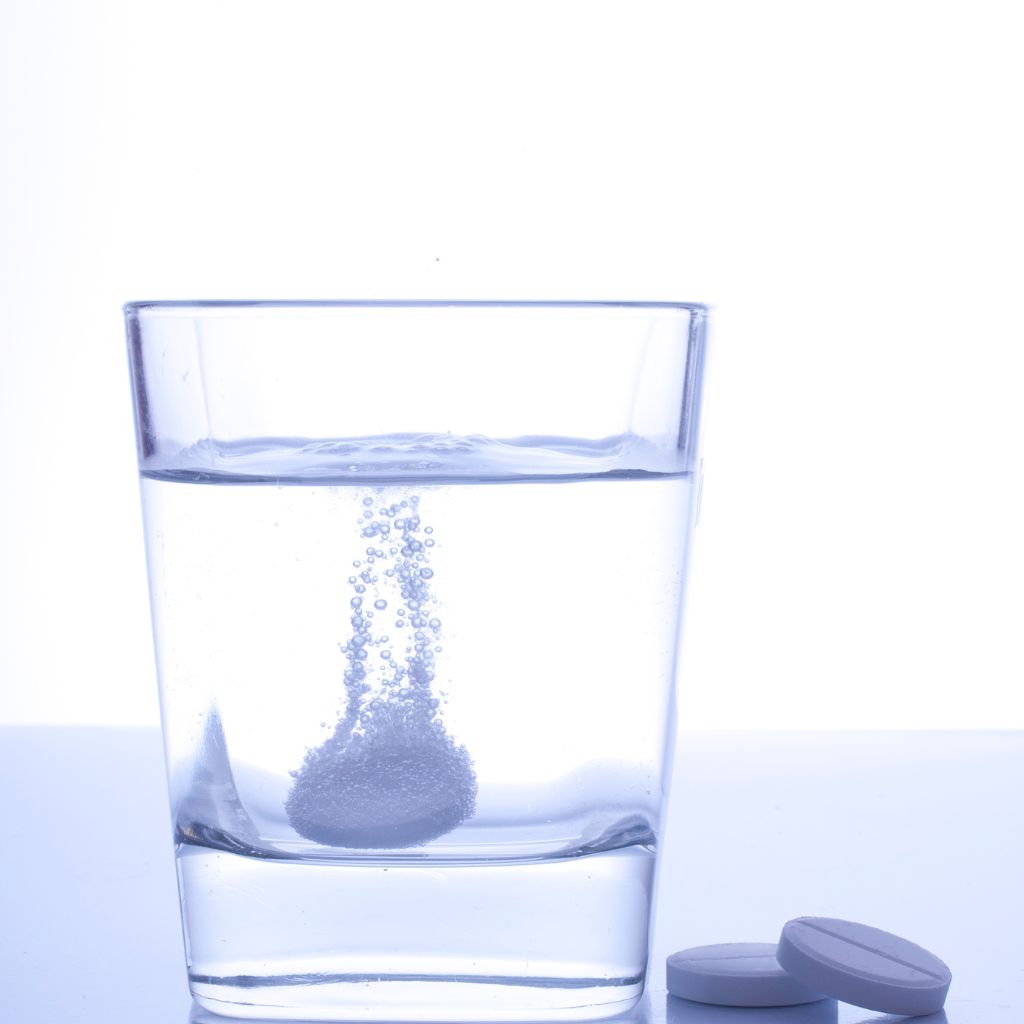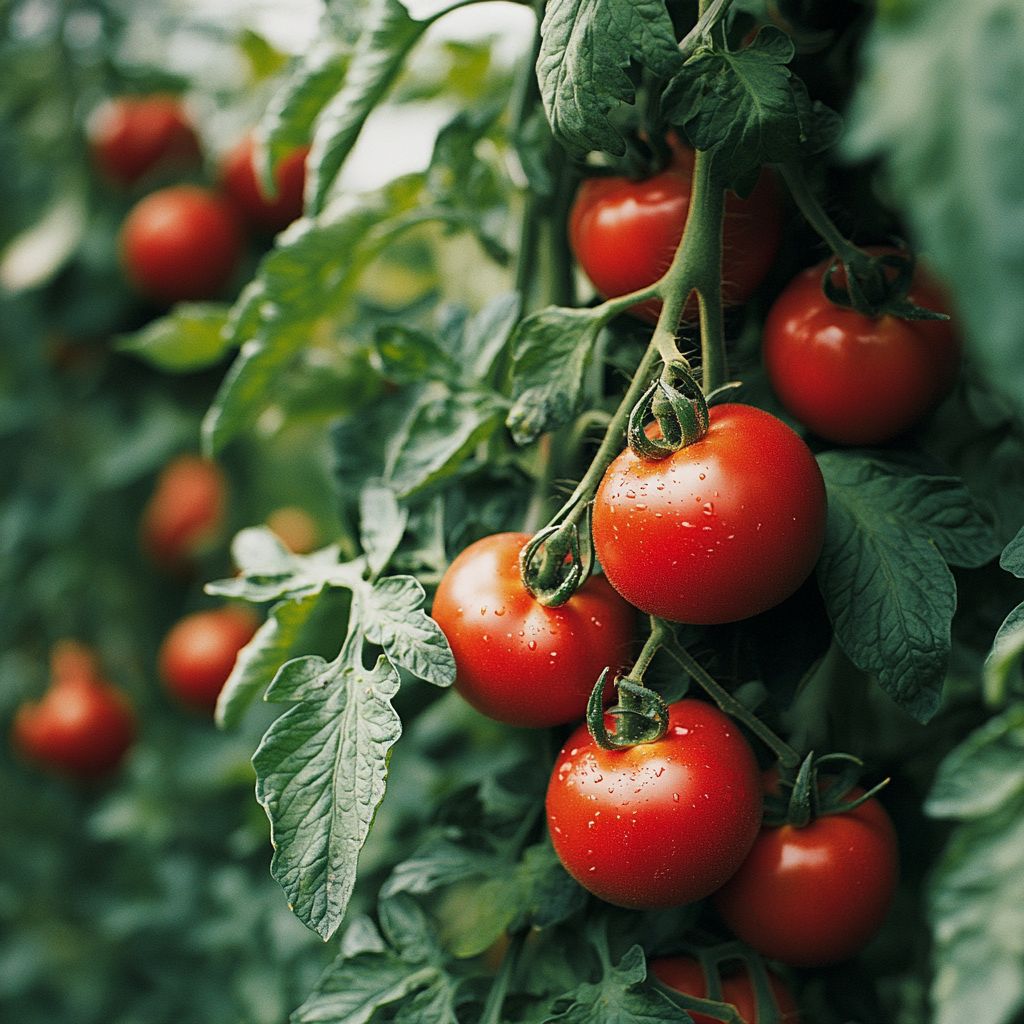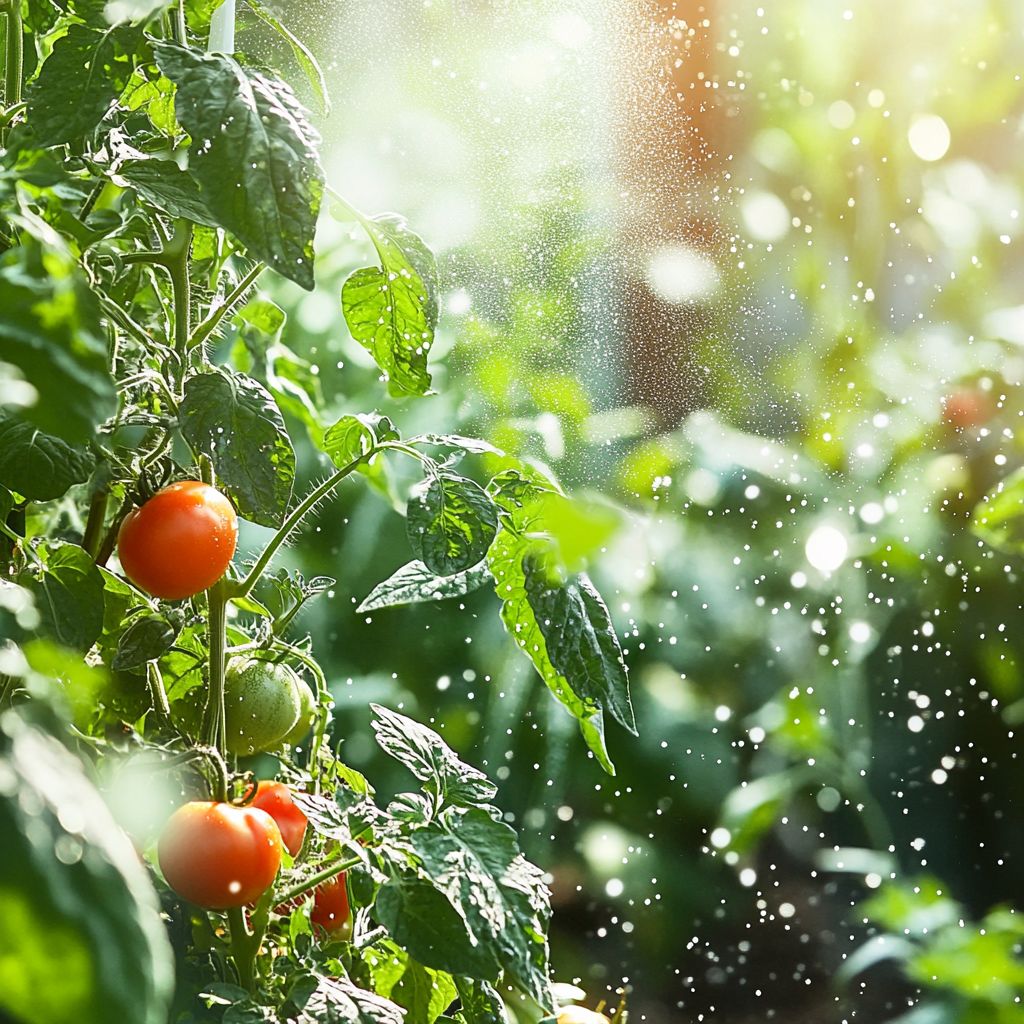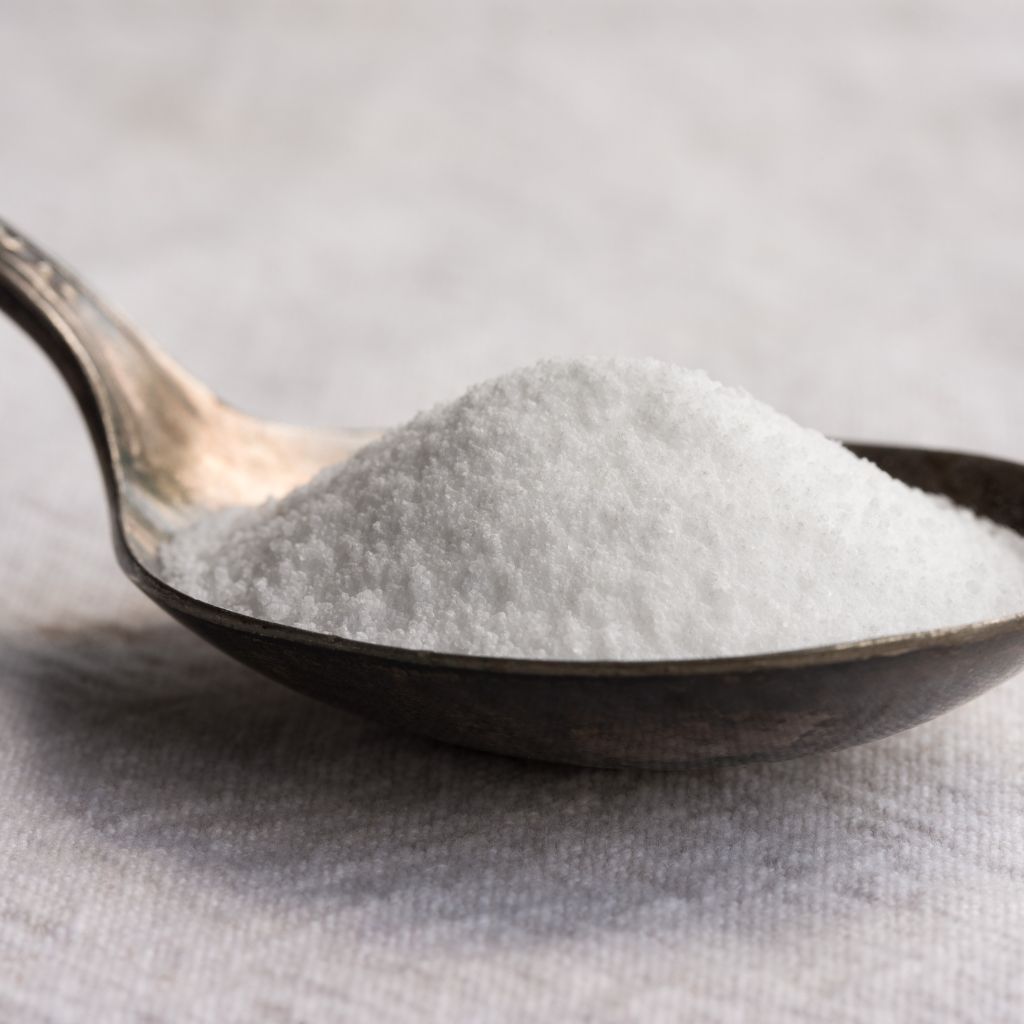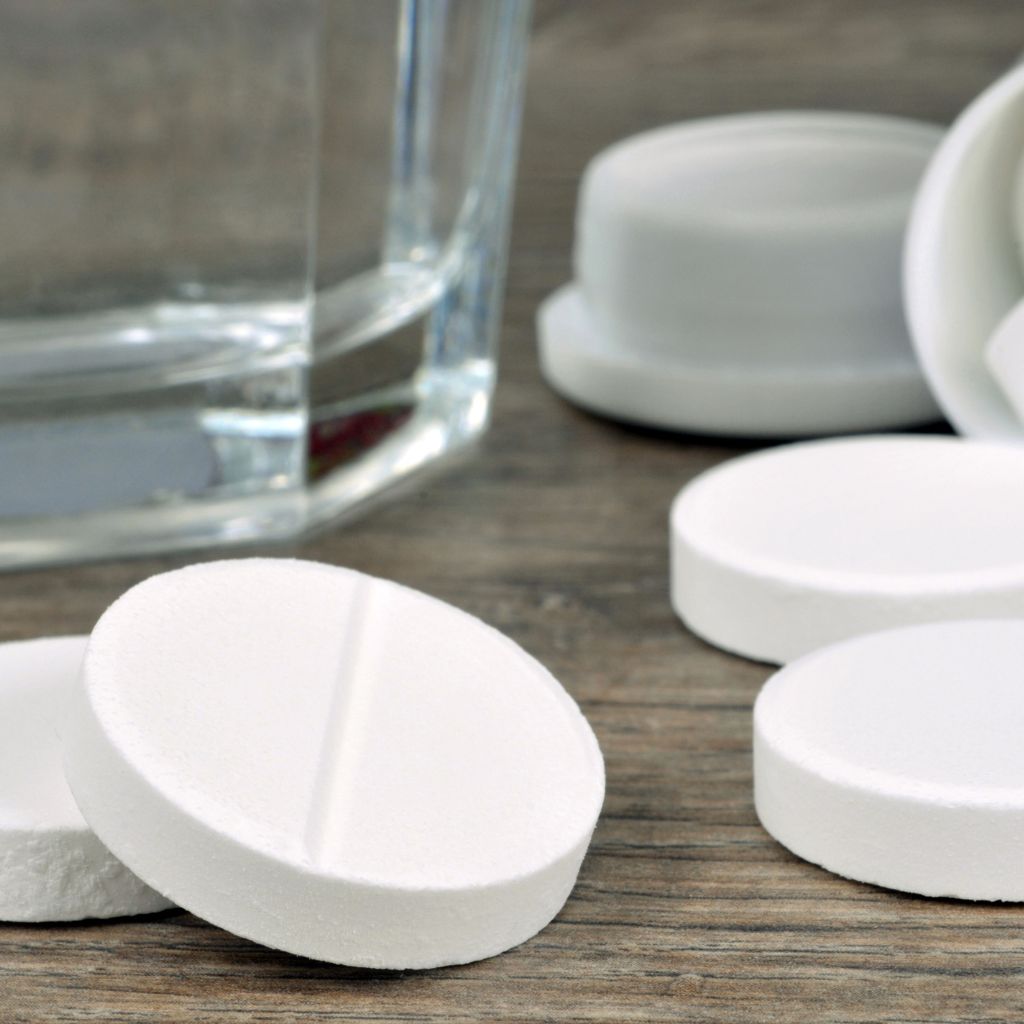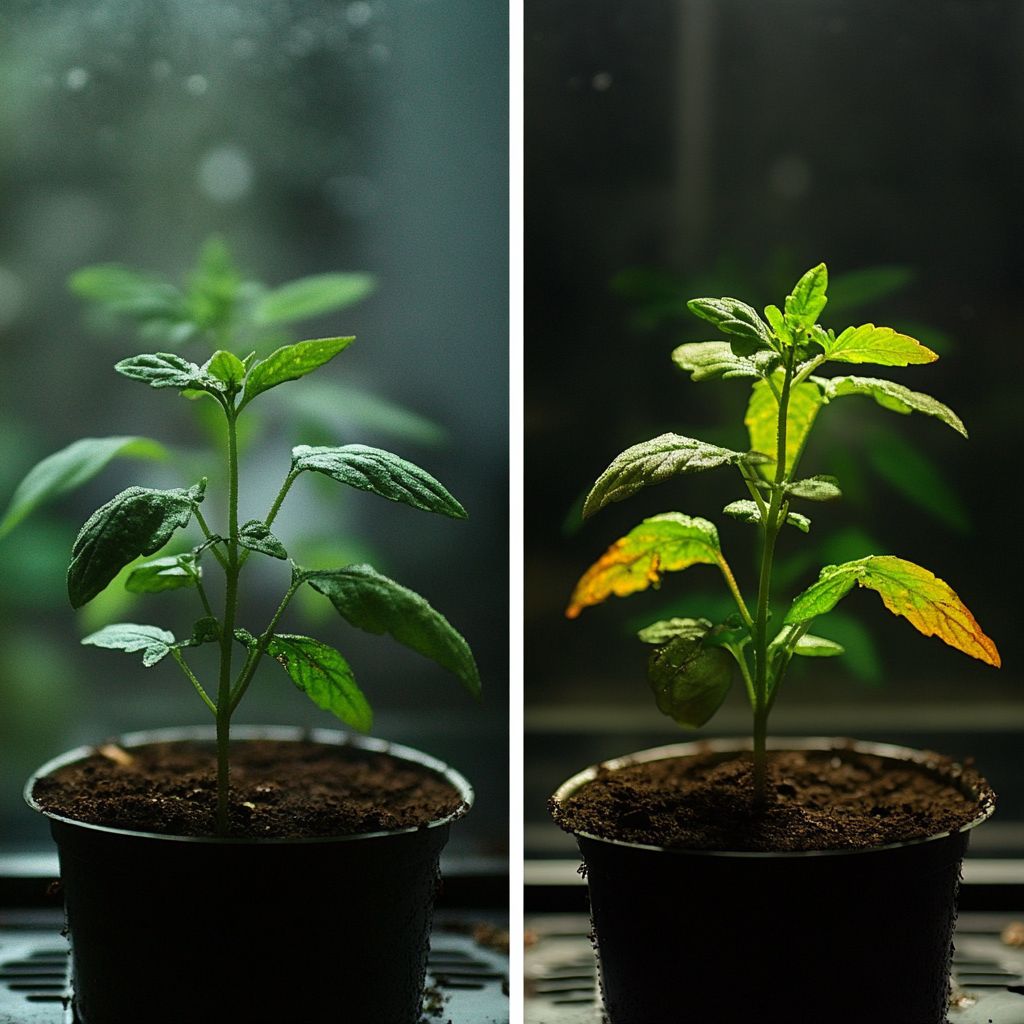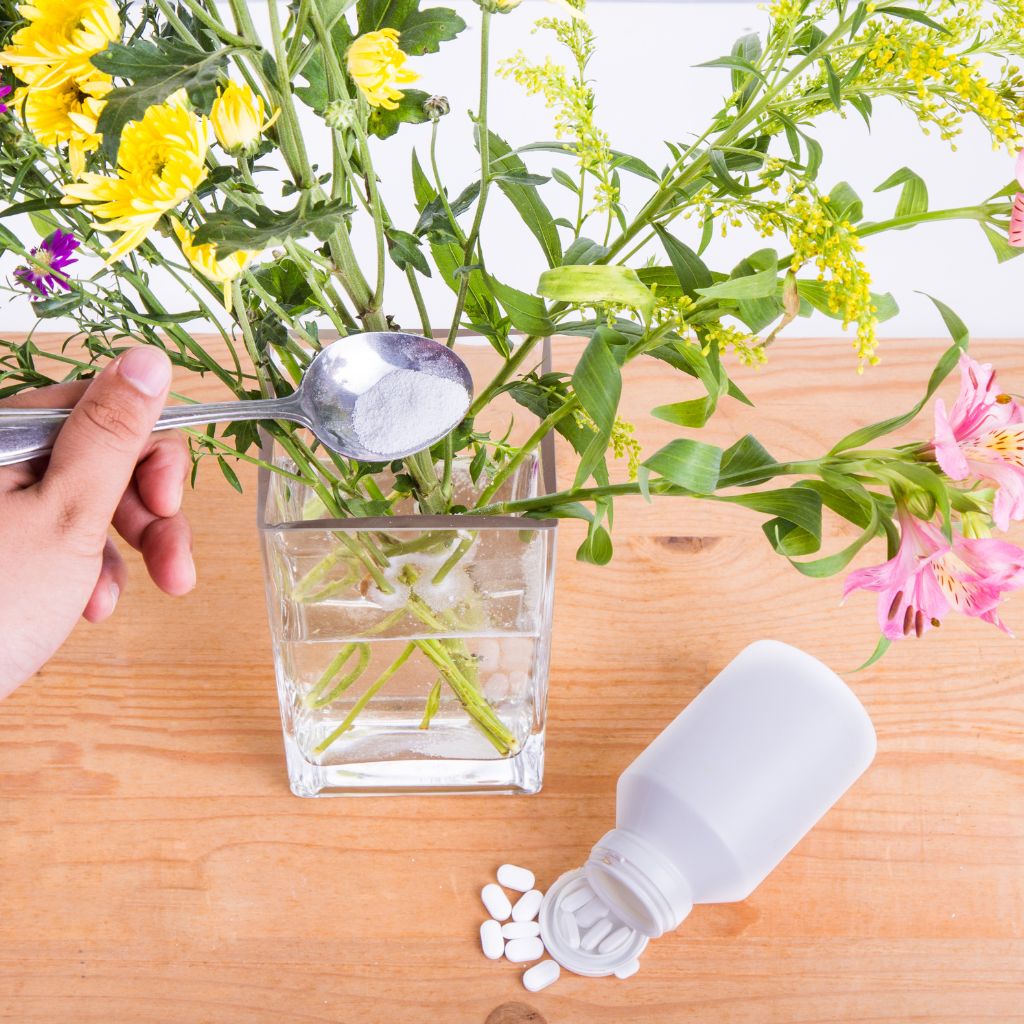Aspirin, the go-to remedy for headaches, fevers, and various ailments, has been a household staple for decades.
But what if I told you that the same pill that sits in your medicine cabinet could be the secret to a more productive, disease-resistant vegetable garden?
This concept, while surprising to many, has been quietly gaining traction among gardeners who swear by aspirin’s ability to enhance plant health and yield.
So, is aspirin truly the secret to supercharging your vegetable garden, or is this just another gardening myth? Let’s dig in.
The Science Behind Aspirin in Gardens
The active ingredient in aspirin is acetylsalicylic acid, which is chemically similar to salicylic acid, a naturally occurring compound in plants.
Salicylic acid plays a crucial role in a plant’s immune response, helping it to fight off diseases and recover from stress caused by environmental factors such as drought or pests.
When plants experience stress, they produce minute amounts of salicylic acid to trigger a defensive mechanism known as Systemic Acquired Resistance (SAR), which makes the plant more resistant to future attacks.
By applying aspirin in a diluted form, gardeners can artificially induce this protective response in plants. Essentially, you’re giving your plants a little extra boost, preparing them to handle whatever challenges might come their way.
This can help them fend off diseases like powdery mildew, blight, and even certain pests. But the benefits of aspirin go beyond disease resistance; it can also stimulate growth, improve seed germination, and potentially increase yields.
Disease Resistance: A Gardener’s Dream
One of the most well-documented effects of aspirin on plants is its ability to help them resist diseases.
Powdery mildew, blight, and other fungal diseases are the bane of every vegetable gardener’s existence, especially for crops like tomatoes and cucumbers. These diseases can spread quickly and wipe out an entire crop if left unchecked.
Aspirin offers a simple, low-cost solution. By spraying an aspirin solution (about one aspirin tablet dissolved in a gallon of water) on plants every two to three weeks, gardeners can help bolster their plants’ immune systems.
The aspirin solution activates SAR in plants, enabling them to resist diseases before they take hold.
In one study conducted by researchers at the University of Rhode Island, plants treated with aspirin grew faster and had more fruit compared to untreated plants.
Tomatoes, in particular, responded well to the aspirin treatment, showing increased resistance to common diseases like early blight.
The same principle applies to other members of the nightshade family, such as eggplants and peppers, which are also prone to disease.
Aspirin for Growth and Germination
Beyond its role in disease prevention, aspirin can also stimulate growth and improve seed germination. Plants treated with an aspirin solution have been shown to grow bigger and stronger than those left untreated.
This is due to salicylic acid’s ability to activate growth hormones within the plant, which encourages faster development.
For gardeners starting their plants from seeds, aspirin can be particularly beneficial. Soaking seeds in an aspirin solution before planting can lead to faster and more uniform germination.
The tiny dose of salicylic acid acts as a stimulant, encouraging the seeds to sprout more quickly.
In fact, some gardeners claim that using aspirin on seeds can improve their overall success rate, especially for notoriously finicky seeds that are difficult to germinate.
Boosting Stress Tolerance with Aspirin
Just like humans, plants experience stress—and when they do, it can seriously impact their growth and productivity.
Environmental stressors like drought, extreme temperatures, and pest infestations can weaken plants, leaving them vulnerable to diseases and reducing their yields.
This is where aspirin can make a big difference. Salicylic acid helps plants tolerate stress by triggering the production of protective compounds that shield them from damage.
When applied to plants via an aspirin solution, this process is enhanced, allowing plants to better withstand adverse conditions.
For example, during a drought, plants treated with aspirin are better able to conserve water and continue growing despite the lack of moisture.
Similarly, aspirin can help plants recover from heat stress, making it an invaluable tool for gardeners dealing with unpredictable weather patterns.
In a world where climate change is causing more extreme weather events, this extra resilience could make a big difference in your garden’s overall success.
Tomatoes and Aspirin: A Match Made in Gardening Heaven
Tomatoes are perhaps the most famous beneficiaries of aspirin in the garden. Known for their susceptibility to blight and other diseases, tomato plants often require extra care to stay healthy.
This is where aspirin comes into play. By spraying tomato plants with an aspirin solution, gardeners can help them fend off diseases and grow stronger.
But the benefits of aspirin for tomatoes don’t stop at disease prevention.
Aspirin has also been shown to improve overall plant health, leading to bigger, more robust plants and higher yields. Tomatoes treated with aspirin tend to produce more fruit, which is music to any gardener’s ears.
To maximize these benefits, dissolve one 325 mg aspirin tablet in a gallon of water and spray your tomato plants every 14 days. Some gardeners also add a drop of dish soap to help the solution stick to the leaves more effectively.
The benefits aren’t limited to tomatoes, either. Other plants in the nightshade family, such as peppers, eggplants, and even potatoes, have shown improved growth and disease resistance when treated with aspirin.
These crops, like tomatoes, are prone to various fungal diseases, so giving them an aspirin boost can make a significant difference in their overall health and productivity.
How to Use Aspirin in the Garden
So, how exactly should you use aspirin to supercharge your vegetable garden? The good news is that it’s incredibly simple. Here’s a step-by-step guide to help you get started:
1. Prepare the Solution
Crush one regular-strength (325 mg) uncoated aspirin tablet and dissolve it in one gallon of water. For larger gardens, you can scale up the amount as needed.
2. Application Methods
Foliar Spray: Pour the solution into a spray bottle and apply it directly to the leaves of your plants. Make sure to cover both the tops and undersides of the leaves for full protection.
It’s best to spray in the early morning or late afternoon to avoid the midday sun, which can cause the solution to evaporate before it’s absorbed.
Watering: You can also use the aspirin solution to water your plants at the root level. This method works particularly well for young seedlings, helping them develop strong roots and resist disease as they grow.
3. Frequency
For best results, apply the aspirin solution every two to three weeks during the growing season. Be careful not to over-apply, as too much aspirin can have the opposite effect, stunting plant growth or causing leaf burn.
4. Timing
Start applying aspirin early in the growing season to give your plants a strong start. If your plants are already showing signs of disease, it’s still worth applying the solution, but keep in mind that aspirin works best as a preventative measure, rather than a cure.
The Limitations: When Aspirin Isn’t a Magic Bullet
While aspirin has a range of benefits for plants, it’s important to understand that it’s not a cure-all. If your plants are already suffering from a severe disease or pest infestation, aspirin won’t magically save them.
Think of aspirin as more of a health supplement for plants—it helps prevent problems from arising, but it’s not a miracle fix for every issue.
Additionally, not all plants respond well to aspirin. While vegetables like tomatoes, peppers, and eggplants tend to thrive with aspirin treatments, more delicate plants may not react as favorably. Always test a small area of the plant before applying aspirin to the whole garden, just to be safe.
Aspirin’s Unexpected Benefits for Flowers
It’s not just vegetable plants that benefit from a little aspirin love. Gardeners have also discovered that aspirin can extend the life of cut flowers and improve the health of flowering plants in the garden.
When added to the water in a vase, aspirin prevents bacteria from clogging the stems, allowing flowers to stay fresh longer.
Similarly, aspirin-treated flowers in the garden tend to bloom more profusely and resist diseases that would otherwise stunt their growth. From roses to marigolds, flowers seem to appreciate the immune boost that aspirin provides.
The Final Verdict: Is Aspirin the Key to a Thriving Garden?
So, is aspirin truly the secret to supercharging your vegetable garden? The answer is a resounding yes—when used correctly.
Aspirin’s ability to boost disease resistance, stimulate growth, improve stress tolerance, and increase yields makes it a powerful tool in any gardener’s arsenal.
Whether you’re dealing with stubborn tomato blight, looking to enhance seed germination, or simply want to give your plants an extra boost, aspirin is an easy, affordable solution that can help your garden thrive.
That said, it’s important to remember that aspirin is just one piece of the puzzle. Healthy gardening practices, such as proper watering, soil management, and pest control, should always be the foundation of your approach.
But with a little aspirin added to the mix, you just might find that your vegetable garden is healthier, more productive, and more resilient than ever before.
